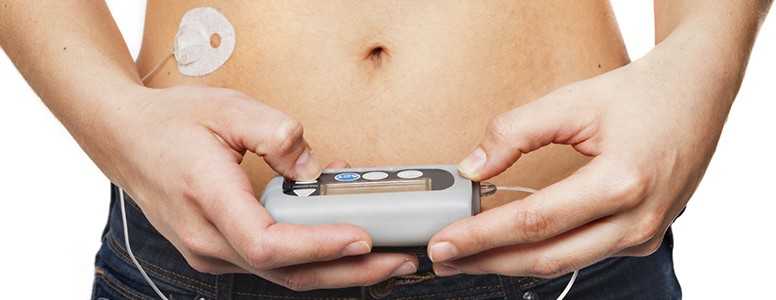Children and adolescents with type 1 diabetes and type 2 diabetes who have depressive symptoms are undertreated, a new study reports.
Janet Silverstei, MD, Jaeb Centre for Health Research in Tampa, Florida examined data from type 1 and type 2 youths enrolled in Pediatric Diabetes Consortium registries. They assessed the frequency of depressive symptoms among the youths and the diagnosis and management of depression in youth.
261 youths with type 1 diabetes and 339 with type 2 diabetes completed a short 12-question version of the Children’s Depression Inventory 2 (CDI 2) self-report questionnaire.
Depression symptoms were identified in 13 per cent of type 1 participants and 22 per cent of those with type 2. In the type 1 youths, depression symptoms were associated with lower family income and being obese, but this was not the case for type 2 youths.
The researchers also observed that only four per cent of type 1 youths that had depression symptoms received treatment from a therapist in the last year. This figure rose slightly to nine per cent for those with type 2.
Dr. Silverstein said: “It is difficult to explain why a higher percentage of patients with type 2 diabetes received therapy compared with type 1 diabetes,” but suggested that bullying, social stigmatism and feelings of isolation could be contributing factors.
Silverstein called for greater care to be given to children with diabetes, especially during the transition from pediatric to adult care, which can lead to more children taking on greater responsibility for managing their condition.
“In general, we don’t do a very good job with transition in adolescents with diabetes,” explained Silverstein. “In many instances, the diabetes team provides a support system for youth, resulting in a feeling of abandonment when transition occurs.
“Transition to a new team can result in a real sense of loss and contribute to worsening of depressive symptoms, unless done in a way … [that] is gradual and done with pediatric and adult teams working together,” she concluded.
This study appears in the journal Diabetes Care.
What's new on the forum? ⭐️
Get our free newsletters
Stay up to date with the latest news, research and breakthroughs.








